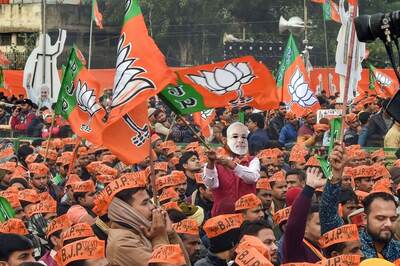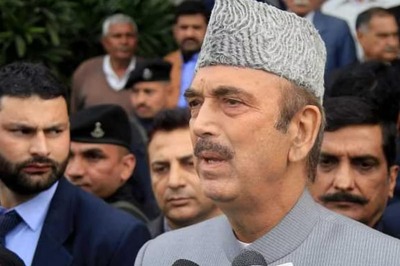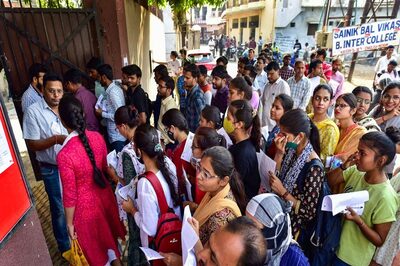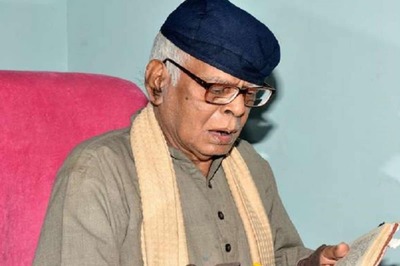
views
New Delhi: The Rashtriya Swayamsevak Sangh has started an online campaign to bring to focus its role in the freedom struggle. Many leaders feel that RSS is committing a major mistake by not propagating the role played by it in the Independence Movement.
The online campaign, consisting of 15 chapters, narrate the participation of Sangh’s founding Sarsanghachalak Keshav Baliram Hedgewar or Doctorji in the freedom struggle. The chapters are being shared on social media, asking swayamsevaks and their supporters to share it further.
The campaign began on August 1 and will continue till August 14.
“We are sending the dispatches on the role of the RSS in the Independence Movement. It will be shared widely on all the online portals for fifteen days to combat the misinformation about the role of Sangh in the Freedom Movement,” said the 74-year-old Narendra Sahgal, who has authored 18 books and has been associated with the Sangh for decades.
Sahgal, who is also authoring the dispatches, said, “Hedgewar participated in the Freedom Movement. He went to the jail, joined Gandhiji in the Non-Cooperation Movement as an individual.”
Sahgal added that Hedgewar did not want any propagation of his participation which led to misinformation about the Sangh’s role in the freedom movement.
Author Shridhar Damle was of the opinion that by not highlighting the information, the Sangh was doing a disservice to history and said there was a need to look through RSS or government archives or newspapers.
“As a researcher, I feel that RSS should highlight its achievements either in freedom struggle or in socio-economic developments with documentations. Workers can get inspiration from ideology as well role model icons of Sarsanghchalaks or prominent pracharaks,” he said.
Historians have, however, countered such claims made by the Sangh.
In January 2018, Sucheta Mahajan, professor of History at Jawaharlal Nehru University, delivered a lecture and said that the "communal rewriting of our history is an inversion of facts.”
She said that the RSS was not only opposed to the freedom movement but were also British loyalists. She added that in major battles such as the Non-Cooperation movement, civil disobedience movement and the Quit India movement, the Sangh did not participate.
Pralay Kanungo in his book RSS's Tryst With Politics writes that Sangh baptised their participation in the Emergency struggle, as the "second freedom struggle," in an attempt to salvage their future.
Kanungo says that the Emergency experience greatly exposed the cadres of RSS to the political environment of the country and made them ambitious. “They felt proud of having participated in the 'second freedom struggle.' This baptisation was badly needed for any political claim in the future as the RSS avoided the fight against colonialism during the freedoms struggle, “he wrote.




















Comments
0 comment